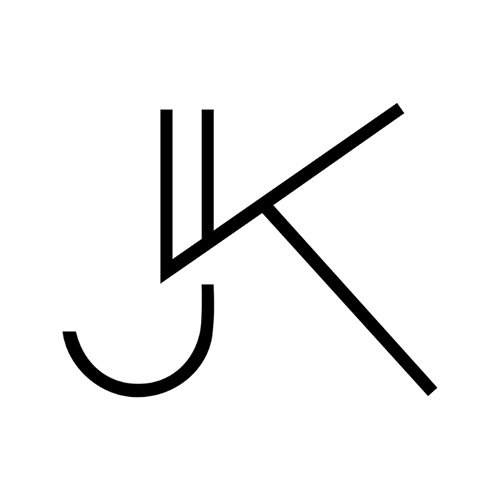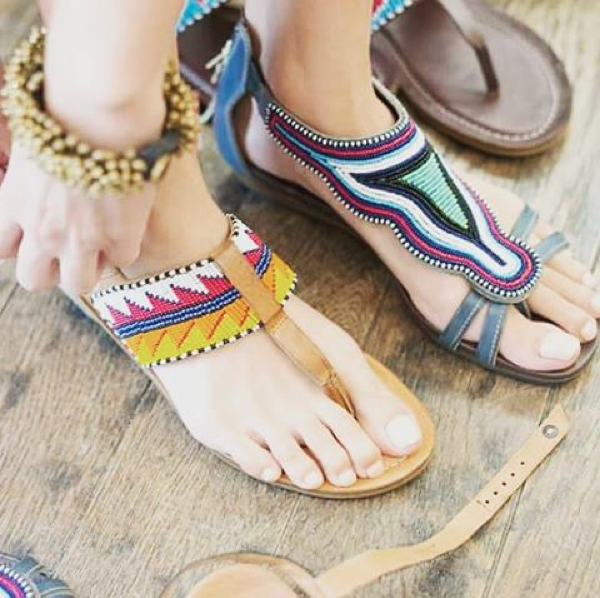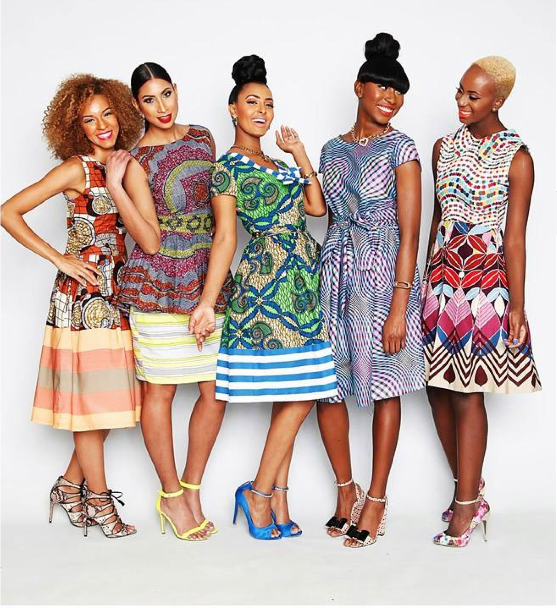Africa is a continent full of natural beauty and rich culture. The fashion industry in Africa has grown rapidly over the years, producing a wide range of unique, stylish, and sustainable fashion brands. These brands have gained recognition in the global fashion industry for their eco-friendly practices, ethical sourcing, and production processes. In this article, we will take a look at the top 25 sustainable African fashion brands that you should know.
Sindiso Khumalo
Sindiso Khumalo is a South African fashion brand that focuses on sustainability and ethical fashion. They use organic fabrics and materials, and they work closely with local artisans and craftspeople to create unique designs.
KARIGAM
KARIGAM is a Nigerian fashion brand that creates minimalist and sustainable clothing. They use eco-friendly materials and have a zero-waste production process. They also prioritize ethical working conditions and fair pay for their workers.
MaXhosa Africa
MaXhosa Africa is a South African brand that specializes in knitwear. They use sustainable materials and work with local artisans to create their designs. They also prioritize fair pay and ethical working conditions for their workers.
Mami Wata
Mami Wata is a South African swimwear brand that focuses on sustainability and ethical practices. They use eco-friendly materials and work with local artisans to create their designs. They also prioritize fair pay and ethical working conditions for their workers.
Izelia Fashion
Izelia Fashion is a Ghanaian brand that creates sustainable clothing using African fabrics and textiles. They work with local artisans and tailors to create their designs, and they prioritize fair pay and ethical working conditions for their workers.
Sunny Dolat
Sunny Dolat is a Kenyan fashion designer who focuses on sustainable and ethical fashion. He works with local artisans and craftspeople to create unique designs, and he prioritizes fair pay and ethical working conditions for his workers.
Osei Duro
Osei Duro is a Ghanaian fashion brand that creates sustainable clothing using organic fabrics and materials. They work with local artisans and tailors to create their designs, and they prioritize fair pay and ethical working conditions for their workers.
Lukhanyo Mdingi
Lukhanyo Mdingi is a South African fashion designer who creates sustainable and ethical clothing. He uses eco-friendly materials and works with local artisans to create his designs. He also prioritizes fair pay and ethical working conditions for his workers.
Studio 189
Studio 189 is a Ghanaian fashion brand that creates sustainable and ethical clothing. They use eco-friendly materials and work with local artisans and craftspeople to create their designs. They also prioritize fair pay and ethical working conditions for their workers.
Adèle Dejak
Adèle Dejak is a Kenyan fashion brand that creates sustainable and ethical jewelry. They use eco-friendly materials and work with local artisans to create their designs. They also prioritize fair pay and ethical working conditions for their workers.
House of Nwocha
House of Nwocha is a Nigerian fashion brand that creates sustainable and ethical clothing. They use eco-friendly materials and work with local artisans and craftspeople to create their designs. They also prioritize fair pay and ethical working conditions for their workers.
Kahindo
Kahindo is a Congolese fashion brand that creates sustainable and ethical clothing. They use eco-friendly materials and work with local artisans to create their designs. They also prioritize fair pay and ethical working conditions for their workers.
Ami Doshi Shah
Ami Doshi Shah is a Kenyan fashion brand that creates sustainable and ethical clothing. They use eco-friendly materials and work with local artisans and craftspeople to create their designs. They also prioritize fair pay and ethical working conditions for their workers.
Taibo Bacar
Taibo Bacar is a Mozambican fashion brand that creates sustainable and ethical clothing. They use locally sourced materials and work with local artisans and craftspeople to create their designs. They also prioritize fair pay and ethical working conditions for their workers.
Kiki Clothing
Kiki Clothing is a Kenyan fashion brand that creates sustainable and ethical clothing using African fabrics and textiles. They work with local artisans and tailors to create their designs, and they prioritize fair pay and ethical working conditions for their workers.
Adele Cutler
Adele Cutler is a South African fashion brand that creates sustainable and ethical clothing. They use eco-friendly materials and work with local artisans to create their designs. They also prioritize fair pay and ethical working conditions for their workers.
OTHO
OTHO is a Nigerian fashion brand that creates sustainable and ethical clothing. They use eco-friendly materials and work with local artisans to create their designs. They also prioritize fair pay and ethical working conditions for their workers.
Nkwo
Nkwo is a Nigerian fashion brand that creates sustainable and ethical clothing. They use locally sourced materials and work with local artisans and craftspeople to create their designs. They also prioritize fair pay and ethical working conditions for their workers.
Selly Raby Kane
Selly Raby Kane is a Senegalese fashion designer who creates sustainable and ethical clothing. She uses eco-friendly materials and works with local artisans to create her designs. She also prioritizes fair pay and ethical working conditions for her workers.
Lalesso
Lalesso is a South African fashion brand that creates sustainable and ethical clothing. They use eco-friendly materials and work with local artisans to create their designs. They also prioritize fair pay and ethical working conditions for their workers.
Mille Collines
Mille Collines is a Rwandan fashion brand that creates sustainable and ethical clothing. They use locally sourced materials and work with local artisans and craftspeople to create their designs. They also prioritize fair pay and ethical working conditions for their workers.
Thabo Makhetha
Thabo Makhetha is a Lesotho fashion brand that creates sustainable and ethical clothing. They use locally sourced materials and work with local artisans to create their designs. They also prioritize fair pay and ethical working conditions for their workers.
Brother Vellies
Brother Vellies is a South African fashion brand that creates sustainable and ethical footwear and accessories. They use eco-friendly materials and work with local artisans and craftspeople to create their designs. They also prioritize fair pay and ethical working conditions for their workers.
W35T
W35T is a Nigerian fashion brand that creates sustainable and ethical clothing. They use eco-friendly materials and work with local artisans to create their designs. They also prioritize fair pay and ethical working conditions for their workers.
Sophie Zinga
Sophie Zinga is a Senegalese fashion designer who creates sustainable and ethical clothing. She uses eco-friendly materials and works with local artisans to create her designs. She also prioritizes fair pay and ethical working conditions for her workers.
These 25 sustainable African fashion brands have made significant contributions to the fashion industry, not only in Africa but globally. They have demonstrated that it is possible to create stylish, unique, and eco-friendly clothing and accessories while prioritizing ethical and sustainable practices. Many of these brands use locally sourced materials and work with local artisans and craftspeople, which not only supports local communities but also promotes the preservation of traditional craftsmanship and techniques.
Furthermore, these brands prioritize fair pay and ethical working conditions for their workers, which is an essential aspect of sustainable and ethical fashion. Many fast-fashion brands rely on cheap labor and exploitation to produce clothing quickly and cheaply, but sustainable African fashion brands prioritize the well-being of their workers and the environment.
It is important to support and invest in sustainable African fashion brands because they promote ethical and sustainable practices while celebrating African culture and craftsmanship. By supporting these brands, we can also contribute to the development of local communities and economies.
Moreover, sustainable African fashion is not just a trend; it is a movement that seeks to transform the fashion industry and promote more responsible and ethical practices. By embracing sustainable fashion, we can reduce our impact on the environment and support ethical and fair labor practices.
In conclusion, sustainable African fashion brands have proven that fashion can be both stylish and ethical. By prioritizing sustainable practices and supporting local communities and artisans, these brands have made significant contributions to the fashion industry and to society as a whole. By supporting sustainable African fashion brands, we can contribute to a more ethical and sustainable future for fashion.











